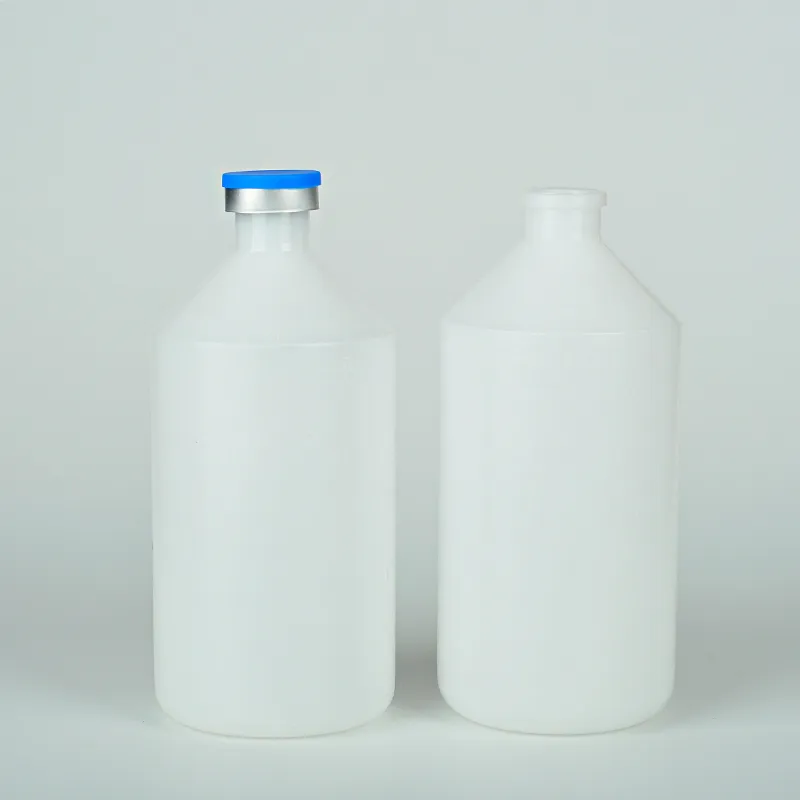https://www.wahmg.com/)">
Urine Collection Tubes Designed with Preservatives for Enhanced Sample Stability and Accuracy
Urine Collection Tubes Designed with Preservatives for Enhanced Sample Stability and Accuracy
Urine Collection Tubes with Preservatives Importance and Applications
Urine analysis is a crucial diagnostic tool used in the medical field to assess a patient’s health status and detect various conditions. Proper collection and preservation of urine samples are vital to ensuring accurate test results. Urine collection tubes with preservatives play a significant role in this process, enhancing the reliability of urine tests.
The Role of Preservatives in Urine Collection
When urine is collected, it begins to undergo changes due to its biochemical composition and the presence of bacteria. Without proper preservation, the urine sample can alter significantly within a short time, affecting parameters like pH, specific gravity, and the presence of various substances. Preservatives help to stabilize the sample, preventing degradation and contamination. Commonly used preservatives include boric acid, hydrochloric acid, and sodium fluoride, each chosen based on the specific analysis to be performed.
Types of Urine Collection Tubes
There are various types of urine collection tubes available, with different preservatives catering to various tests. For instance, tubes with boric acid are commonly used for preserving urine for culture tests, as it inhibits bacterial growth and ensures the integrity of the sample for accurate results. On the other hand, tubes with sodium fluoride are typically utilized when assessing glucose levels, as they prevent glycolysis, a process that could lower glucose concentrations in the sample.
The Collection Process
urine collection tubes with preservative

The collection of urine samples is straightforward, but it is essential to follow established protocols to maintain sample integrity. Typically, a clean-catch midstream technique is recommended to avoid contamination. Patients are instructed to clean the genital area before collection to minimize external contaminants. Once the sample is collected in a tube with a preservative, it should be sealed properly and labeled accurately to ensure traceability and avoid mix-ups.
Advantages of Using Preserved Urine Samples
The use of urine collection tubes with preservatives offers several advantages. Firstly, it enhances the stability of the sample, allowing for more extended storage without compromising the quality of the results. This is particularly beneficial in scenarios where samples need to be transported to laboratories, as it reduces the risk of alteration during transit. Secondly, preserved samples can facilitate a broader range of tests, including those that require specific conditions to yield accurate results.
Considerations and Limitations
While preservatives play an essential role in maintaining urine sample integrity, healthcare providers must also be aware of their potential limitations. Some preservatives may interfere with certain tests; for example, sodium fluoride can affect tests measuring electrolytes. Therefore, it is crucial to select the appropriate tube based on the tests being conducted. Additionally, while preservatives can extend the storage life of urine samples, they cannot replace the need for timely testing, as urine is best analyzed soon after collection.
Conclusion
Urine collection tubes with preservatives are indispensable tools in clinical diagnostics. They safeguard sample integrity, allowing for accurate and reliable test results. As medical technology continues to evolve, the development of advanced preservatives and collection systems will further enhance the effectiveness of urine analysis, ultimately leading to better patient outcomes. Understanding the importance of these collection tubes and following proper protocols can significantly impact the quality of healthcare delivered to patients.
-
Wholesale Plastic Juice Bottles with Caps 16 oz Options Available Bulk Packaging SolutionsNewsJun.10,2025
-
Laboratory Apparatus Reagent Bottle – Durable & Chemical Resistant Bottles for Safe StorageNewsJun.10,2025
-
Squeezable Dropper Bottles Durable, Leak-Proof & CustomizableNewsMay.30,2025
-
Affordable Plastic Petri Plates Sterile & Disposable Lab-GradeNewsMay.30,2025
-
Eye Dropper Caps Precision 24/410 & Plastic Bottle-Compatible TipsNewsMay.30,2025
-
Affordable Mini Spray Bottle Price & Wholesale Deals Shop NowNewsMay.29,2025





















